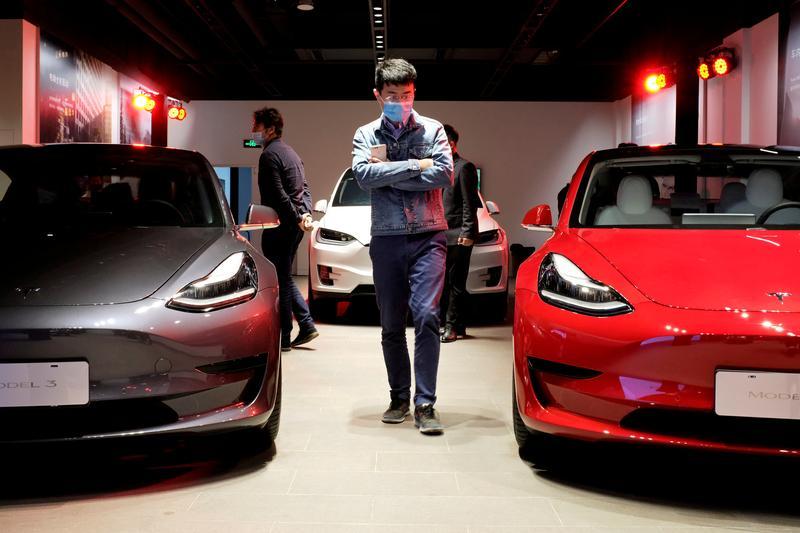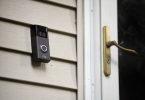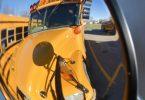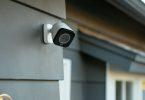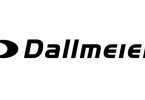[ad_1]
(Reuters) – The Chinese language army has banned Tesla vehicles from getting into its complexes, citing safety issues over cameras put in on the automobiles, two individuals who have seen notices of the directive advised Reuters.
The transfer is the newest signal of China’s rising scrutiny of the U.S. electrical carmaker amid tensions with Washington. Analysts mentioned it resembled Washington’s measures in opposition to Chinese language telecoms agency Huawei citing nationwide safety.
Chinese language army restrictions on Tesla surfaced as senior Chinese language and U.S. officers held a contentious assembly in Alaska, the primary such interplay since U.S. President Joe Biden took workplace.
“I presume the timing of the announcement certainly linked to the fireworks deliberate for Anchorage,” mentioned Ian Bremmer, president at Eurasia Group consulting agency.
Tesla shares ended up 0.3% after falling as a lot as 4.4% throughout commerce.
The U.S. electrical automotive maker received robust backing from Shanghai when it constructed its first abroad manufacturing facility there in 2019. Tesla’s modern Mannequin 3 sedans have been the best-selling electrical car within the nation earlier than being overtaken by a less expensive micro EV.
The directive advises house owners to park Teslas exterior army property, and residents have been notified this week, the 2 sources mentioned, declining to be named because of the sensitivity of the problem.
Bloomberg Information earlier reported the transfer.
Pavel Molchanov, an analyst at Raymond James & Associates, mentioned the newest restrictions on Tesla have been an in depth parallel to the U.S. authorities’s hostility towards Huawei on issues Beijing might have entry to U.S. telecoms infrastructure.
“Even when such concern is exaggerated, it may create dislocation for the businesses immediately affected,” he mentioned.
Individually, the Wall Road Journal reported that China’s authorities was limiting use of Tesla vehicles by personnel at army, state-owned enterprises in delicate industries and key businesses. (on.wsj.com/3r2NnVe)
It was not instantly clear whether or not the measure utilized to all such amenities. The transfer got here after a authorities safety evaluate of Tesla’s automobiles, the report mentioned, citing folks acquainted with the trouble.
Tesla bought 147,445 vehicles in China final 12 months, or 30% of its whole deliveries, although competitors is rising from home rivals equivalent to Nio Inc and Geely.
China’s State Council Data Workplace and Tesla didn’t instantly reply to requests for remark. China’s defence ministry couldn’t instantly be reached for remark.
CARS AND CAMERAS
Automakers have been equipping extra automobiles with cameras and sensors that seize photos of a automotive’s environment. Management of how these photos are used and the place they’re despatched and saved is a fast-emerging problem for the business and regulators world wide.
Tesla vehicles have a number of exterior cameras to help drivers with parking, altering lanes and different options. Chief Government Elon Musk has usually spoken concerning the worth of the information Tesla automobiles seize that can be utilized to develop autonomous driving.
Tesla’s Mannequin 3 and Mannequin Y even have cameras within the rear view mirror for driver security which are disabled by default.
“China has an array of instruments – some direct, some oblique – for placing the heavy on international corporations like Tesla. The strain can come from any path, for any cause at any time,” mentioned Michael Dunne, chief government of consultancy ZoZo Go.
A Chinese language state regulator mentioned in February that authorities officers had met representatives from Tesla over client experiences of battery fires, surprising acceleration and failures in over-the-air software program updates.
Musk is scheduled to talk on-line on Saturday at a state-hosted annual world financial gathering in Beijing referred to as the China Improvement Discussion board. The occasion consists of Chinese language officers.
Reporting by Beijing Newsroom, Hyunjoo Jin in San Francisco and Eva Mathews and Subrat Patnaik in Bengaluru; Modifying by Maju Samuel, anil D’Silva, Emelia Sithole-Matarise, David Clarke and David Gregorio
[ad_2]
Source link

